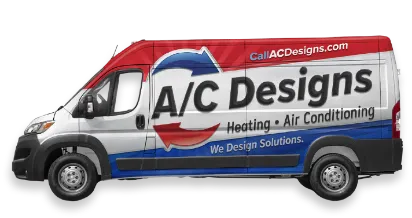How to Protect Your AC Warranty
November 2nd, 2021Not all AC unit warranties are created equally. At AC Designs, our 10-Year Parts and Labor Warranty is one of the best warranties on the market. Taking steps to protect your AC warranty is always a good idea. But understanding the details of your AC warranty like what it covers and its duration, is crucial […]

